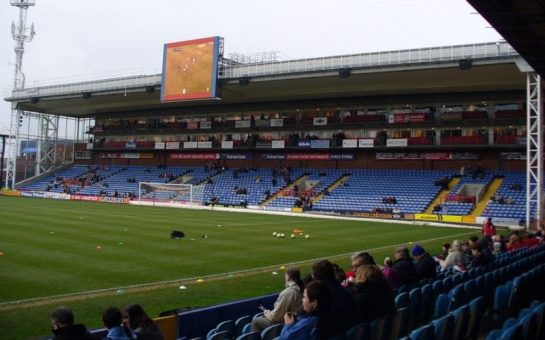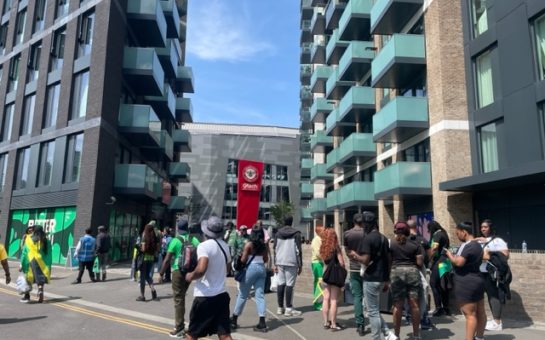QPR started work on their new £20 million training ground last Friday, after Hounslow Council granted them planning permission on the site.
The 27-acre facility in Heston will include hybrid surfaces, under-pitch heating, and a state of the art drainage and irrigation system.
The club purchased the site in December, and planning permission was granted last Monday, 27 September, a relief for Rangers fans who saw the club’s 2012 attempt to build a training ground in Ealing crumble after eight years of opposition from resident’s groups.
Club spokesperson Paul Morrissey said: “The new training ground will provide much-enhanced facilities for the club in terms of a new modern building and significantly improved pitches.
“The condition and quality of the pitches is absolutely paramount, as is having all our teams – first team, U23s, academy – on the one site.
“We believe this will be aspirational for our younger players.”
The training ground was designed by engineering consultants Bruno Happold and architects Studio Zoppini Architetti, who have worked on projects including the Tottenham Hotspur Stadium, Everton’s future Bramley-Moore Dock Stadium and the new Tardini stadium in Palma.
The work is expected to take nine months to complete and the majority of the cost will be covered by QPR’s owners, however up to £6.75 million is expected to be raised from public bonds.
Using a scheme that was successfully trialled by Norwich City when they rebuilt their academy in 2018, supporters have an opportunity to invest in the project, with a 5% annual gross interest on the QPR bonds, an additional 3% gross in club credit redeemable on tickets and merchandise and a 25% bonus if the club is promoted back to the Premier League.
The Heston location is already home to QPR’s academy, who have moulded England legends including Raheem Sterling and Peter Crouch, and the new training ground which is over double in size will be part of a strategy to nurture homegrown talent as well as making the club self-sustainable.
Morrissey added: “Offering first-class facilities is crucial for developing players as well as attracting players.
“Investment in infrastructure such as a bespoke training ground is critical for the club’s medium and long-term ambitions of continuous improvement.”
Since their fall from the Premier League, QPR have enjoyed a resurgence thanks to former Ibrox manager Mark Warburton and the return of striker Charlie Austin, who has netted three goals in nine appearances this season.
They sit three points from the play-off places after back-to-back victories against Preston and Birmingham, and successes both on and off the pitch could allow fans to start believing in a brighter future for the west London club.
Image credit: QPR Football Club




